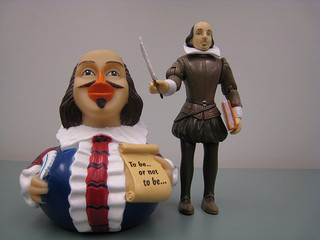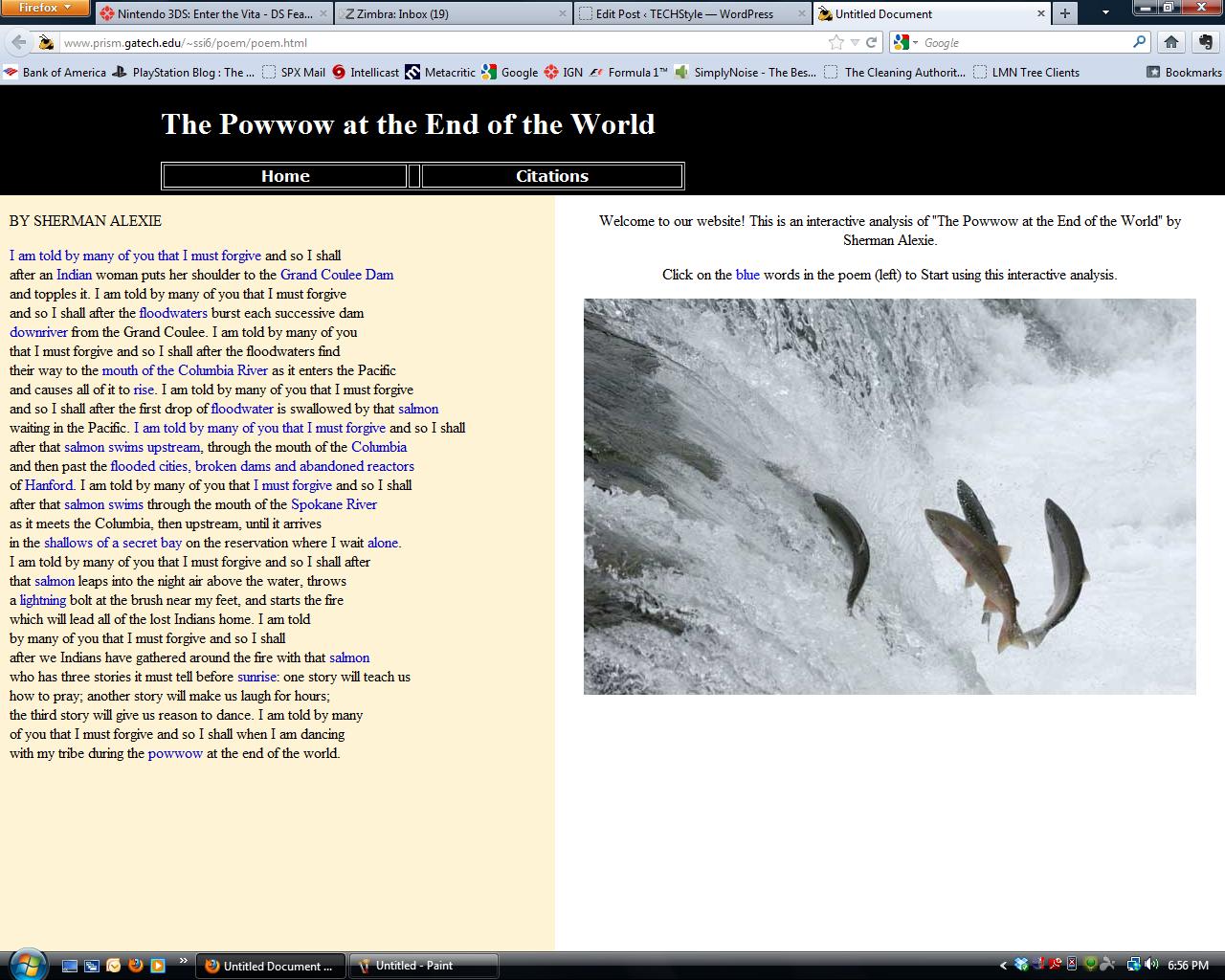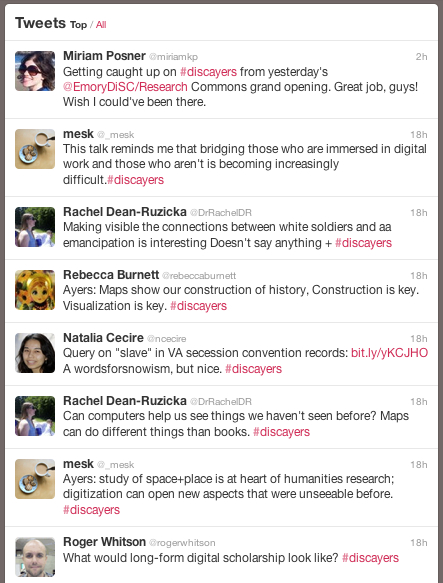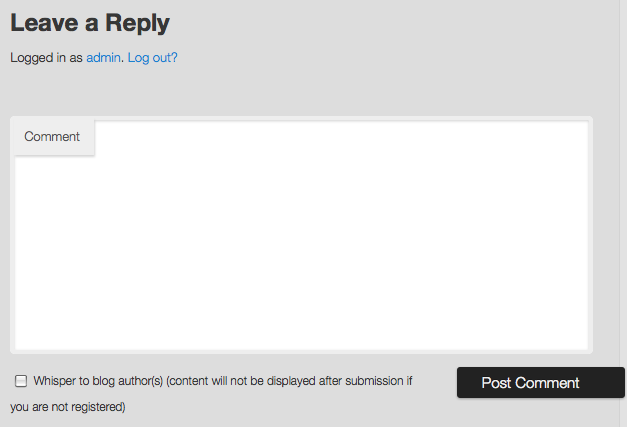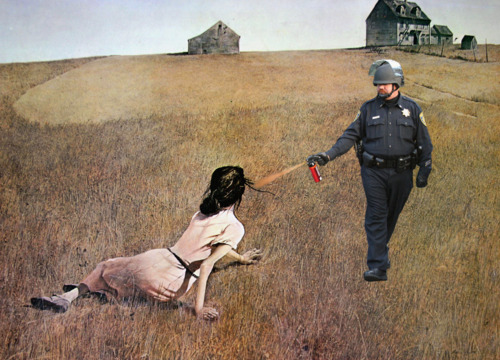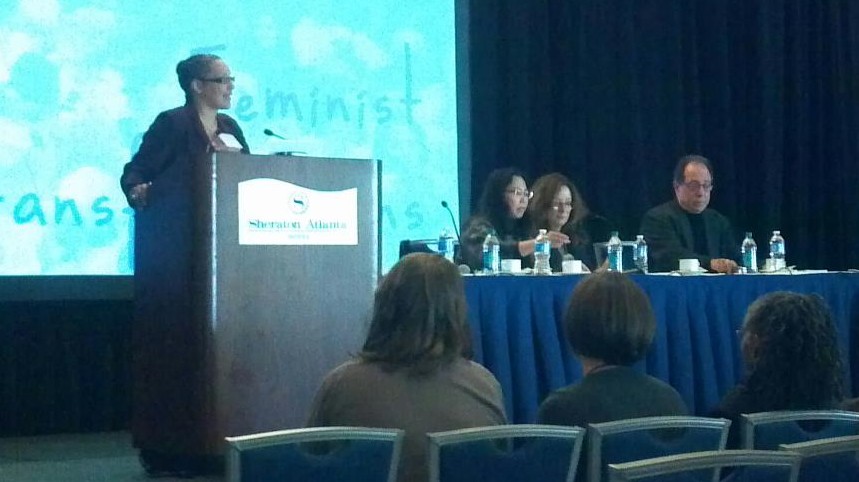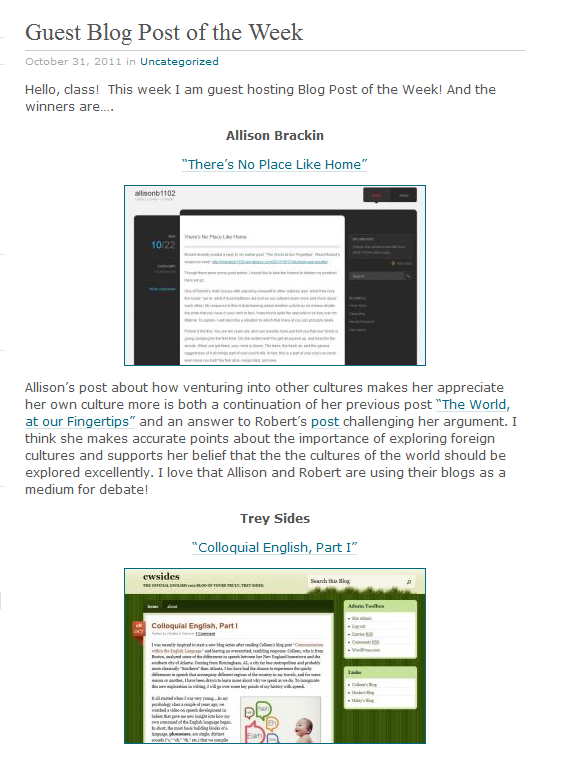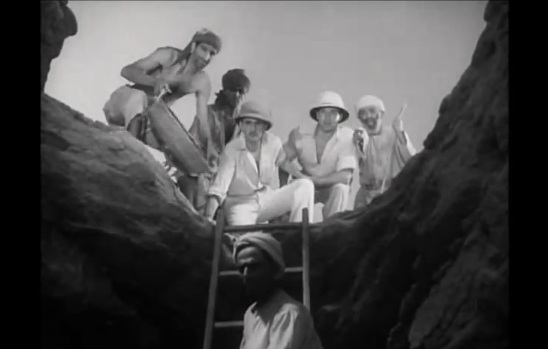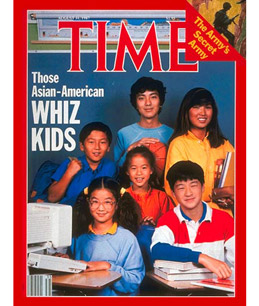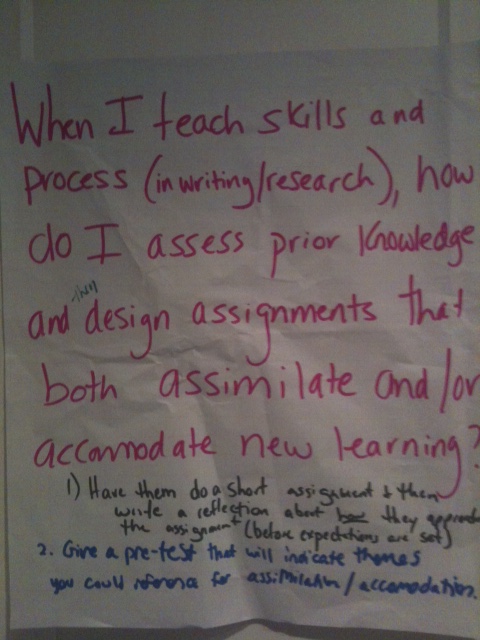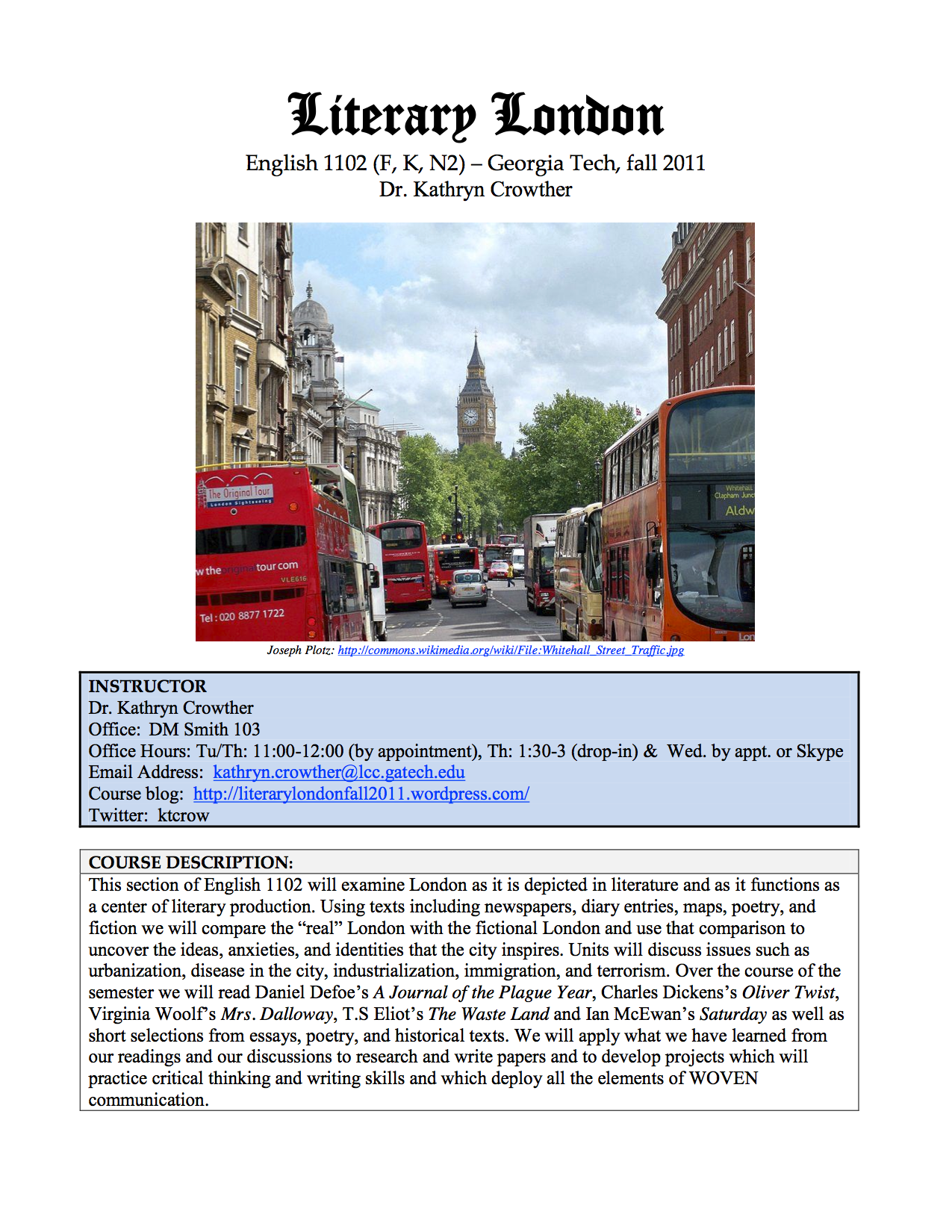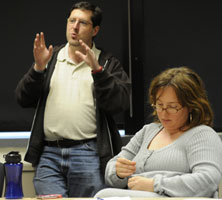This week’s seminar picked up where we left off, revisiting the usage of Twitter in a classroom setting with two instructor demonstrations of Twitter backchannels, including one for an in-class film screening. Another instructor demonstrated how the Piazza platform had stimulated classroom discussion in similar ways to Twitter, which led to the first of two main questions of the night: What we want from using a hybrid pedagogy? Possibilities included more student engagement, or a better quality of student work and responsiveness, but we also voiced the desire to create a classroom space that had a different sense of community that is somehow different from that created by face-to-face interaction. Once our goals were articulated, we were faced with the more difficult question of how we can assess to what extent we get what we want. It is this second question that this blog post will focus on.
While discussion mainly centered on practical and logistical questions, as well as anecdotal successes and failures, the underlying assumptions that shaped our inquiries are both methodological and epistemological. Epistemology and methodology are inextricably linked. The purpose of this post is to review the reasons why epistemology and methodology are so contentious among researchers in composition theory and technical writing, as well as create a space for further discussion. Continue reading
